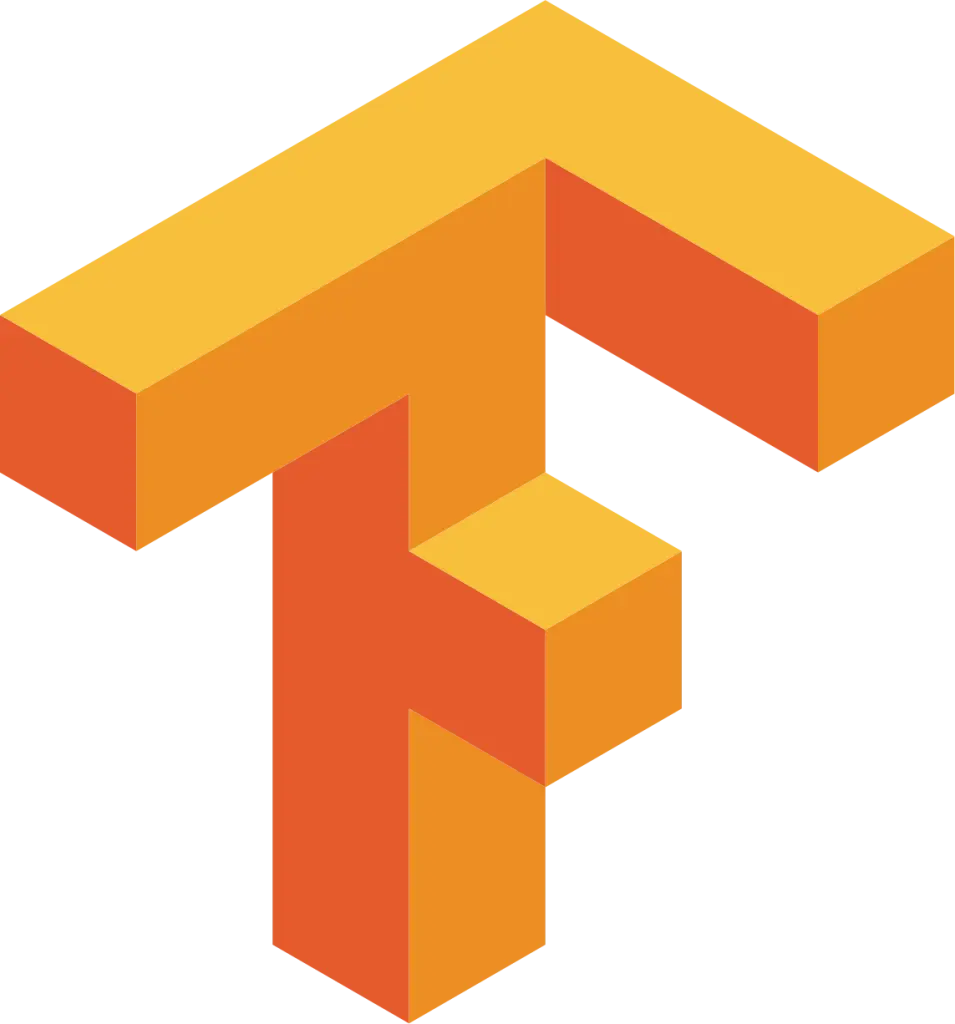TensorFlow

TensorFlow stands as a comprehensive, open-source machine learning framework developed by Google Brain that has fundamentally transformed how organizations build and deploy artificial intelligence solutions. Initially released to the public in 2015, TensorFlow was designed from the ground up to address the challenges of developing and scaling machine learning models across diverse hardware platforms, from mobile devices to massive distributed systems. At its core, TensorFlow represents computations as stateful dataflow graphs where nodes represent mathematical operations and edges represent multidimensional data arrays (tensors) that flow between them. This architecture enables efficient parallel processing, automatic differentiation for training neural networks, and hardware acceleration across CPUs, GPUs, and specialized AI hardware like TPUs (Tensor Processing Units). Beyond the low-level computational framework, TensorFlow provides high-level APIs like Keras that simplify model construction and training, extensive tools for visualization and debugging, and robust deployment capabilities through TensorFlow Serving and TensorFlow Lite, creating a complete ecosystem for the entire machine learning lifecycle from research to production.
TensorFlow’s performance and flexibility make it particularly powerful when deployed on Linux systems, which serve as the primary development and production platform for most serious machine learning workloads. On Linux, TensorFlow can fully leverage advanced hardware capabilities, including multi-GPU configurations and specialized accelerators, through optimized drivers and libraries that may not be available or fully supported on other operating systems. The framework’s distributed computing capabilities integrate seamlessly with Linux-based cluster management tools, enabling efficient scaling from single workstations to large computing clusters. For Linux administrators and ML engineers, TensorFlow provides comprehensive monitoring and profiling tools that integrate with standard Linux observability frameworks, enabling visibility into resource utilization and performance bottlenecks. Additionally, TensorFlow’s containerization support through Docker enables consistent development and deployment environments across diverse Linux infrastructure, from on-premises systems to cloud-based GPU instances. The framework’s extensive Python API works harmoniously with Linux’s robust Python ecosystem, while its C++ core ensures maximum performance for production deployments. This combination of performance, scalability, and integration capabilities makes TensorFlow on Linux an ideal platform for organizations looking to implement sophisticated machine learning solutions, from computer vision and natural language processing to time series forecasting and recommendation systems.
Advantages
- End-to-end machine learning platform supports the complete workflow from data preprocessing and model development to deployment and monitoring
- Hardware acceleration across diverse compute platforms enables optimal performance on CPUs, GPUs, TPUs, and custom silicon
- Production-grade deployment capabilities through TensorFlow Serving, TensorFlow Lite, and TensorFlow.js support scenarios from cloud services to edge devices
- Extensive ecosystem including visualization tools, performance profilers, and domain-specific libraries accelerates development and troubleshooting
- Strong community and corporate backing ensures continuous improvement, security updates, and compatibility with evolving hardware landscapes
Risks
- Steep learning curve for advanced features, particularly when optimizing models for performance or working with distributed computing
- Resource intensity of training deep learning models may require substantial investment in specialized hardware for acceptable performance
- Framework complexity with multiple APIs and abstraction levels can create confusion for newcomers or lead to suboptimal implementation choices
- Versioning and compatibility challenges when integrating with other libraries or upgrading existing models to newer TensorFlow versions
- Production deployment requires careful consideration of serving infrastructure, model versioning, and monitoring to ensure reliability and performance
